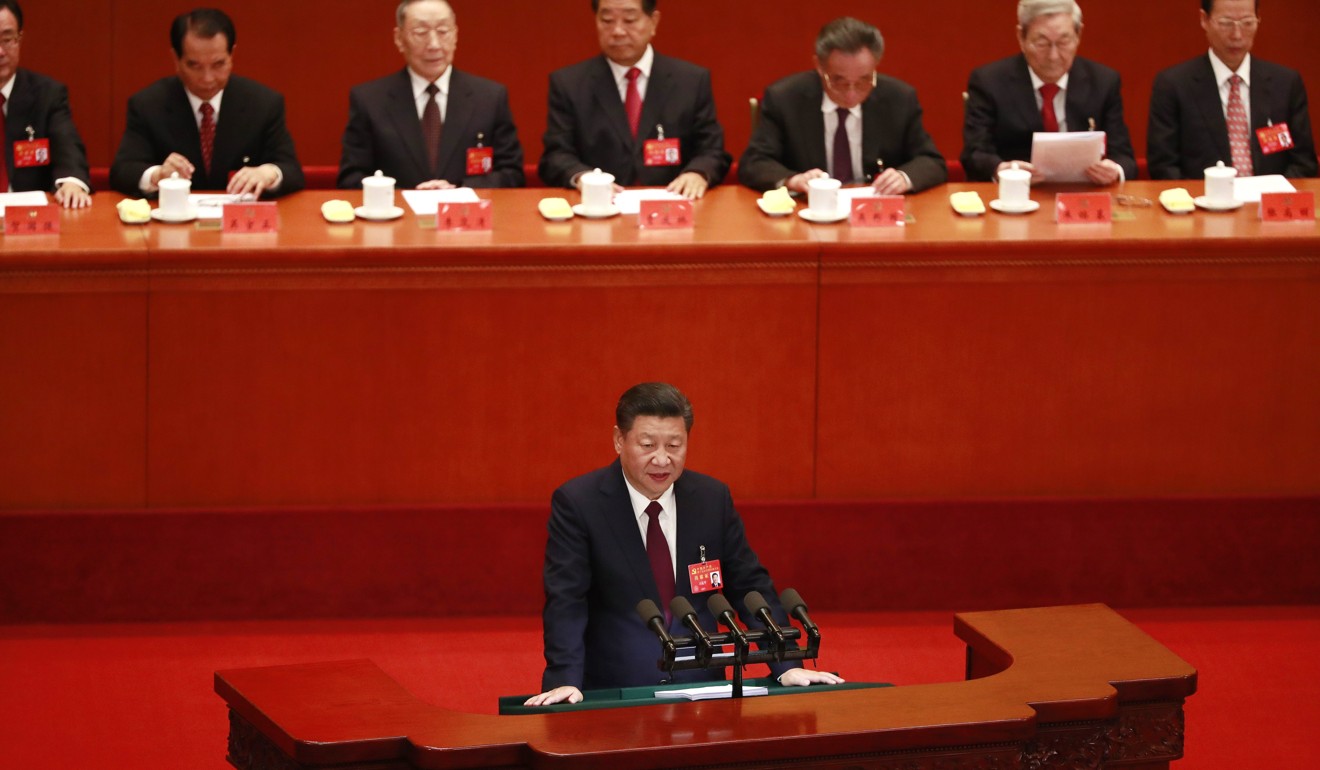
Cybersecurity law causing ‘mass concerns’ among foreign firms in China
New rules have added to costs and had a big impact on how they do business, survey finds, and tax regime and land acquisition policy are also headaches
Beijing’s cybersecurity regulations are a big source of concern for foreign businesses in China, a survey by the American Chamber of Commerce in South China has found.
Most of the 215 foreign firms polled said the country’s tax regime, land acquisition policy and cybersecurity law were all headaches, according to a white paper and report on the business environment in China released on Thursday.
But of the three areas, it is the new cybersecurity law introduced in June that is causing “mass concerns” among foreign firms because it has greatly increased operating costs and has had a big impact on how business is done in China, said Harley Seyedin, president of AmCham South China.
“It created uncertainties within the investment community and it’s resulting in, at the minimum, postponement of some R&D investment,” Seyedin said.
“The law requires approval ... to be obtained for cybersecurity, but it does not tell you where to apply, how long it takes you to apply, how long it takes for the results to come out, and what the process might be in case you want to appeal the decision,” he said. “All of these are vague but it’s going to result in ... fear.”

Under the controversial new law, “operators of critical information infrastructure” must store personal information and important business data in China, provide unspecified “technical support” to security agencies and pass national security reviews. Those critical areas include information services, transport and finance. Companies that store or provide internet data overseas without approval can have their business suspended or shut down and their business licence revoked.
Land grabs were also a concern, the chamber said, accusing some local governments of focusing on quick profits by taking property being leased by foreign factories for real estate development.
Since all land in China belongs to the state, foreign firms often have to “lease” land from local governments and many of these contracts signed 20 years ago are due to expire soon, which has forced some companies to cancel or postpone their investment plans.
The other top worry for foreign companies was tax, according to the survey, and Seyedin called on policymakers to cut taxes, particularly following corporate tax cuts in the US, to make China a more competitive place to do business.
Foreign investment contributed about 33 per cent of China’s gross domestic product and 27 per cent of its employment last year, the chamber found.
But it said the overall confidence of foreign businesses in China was improving. More than half of the foreign companies surveyed said China was their top location for global market growth, while 70 per cent said they had reinvested more funds in China last year than in 2016.
Seyedin said the improvement came after stronger signals from Beijing that it would open up the market and welcome foreign investment.

“Foreign companies are more optimistic about China’s economy and more interested in investing and being involved in China’s economy, and looking forward to what Xi Jinping promised during the 19th national congress – that all businesses registered in China will be treated equally,” he said.
Although there are concerns over the ruling Communist Party’s announcement this week that it plans to end the term limit on Xi’s presidency, Seyedin said it was made clear during the congress in October that the party wanted to lure more foreign investors rather than being “an isolated government”.
“To do so, China is competing with many countries now, especially in South Asia … They are offering incentives that China is no longer offering, therefore China needs to ... compete with other countries for foreign investment,” he said.
“To do that, it needs to open up more and have a more level playing field and do deals more equally.”

